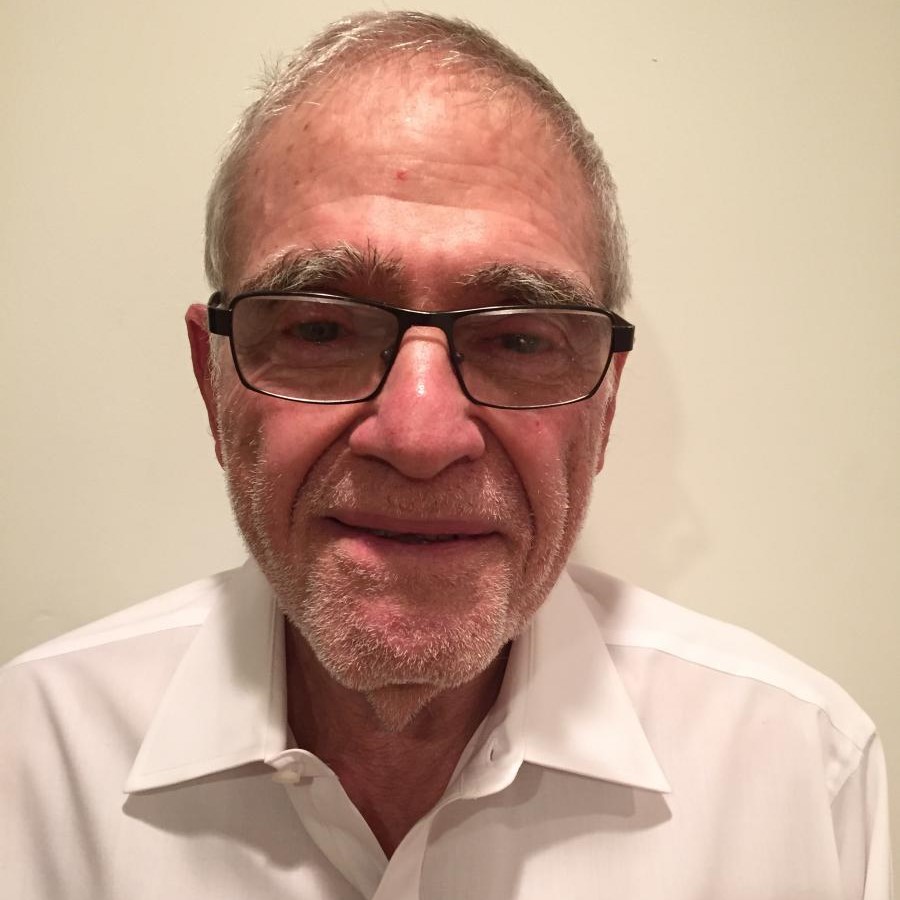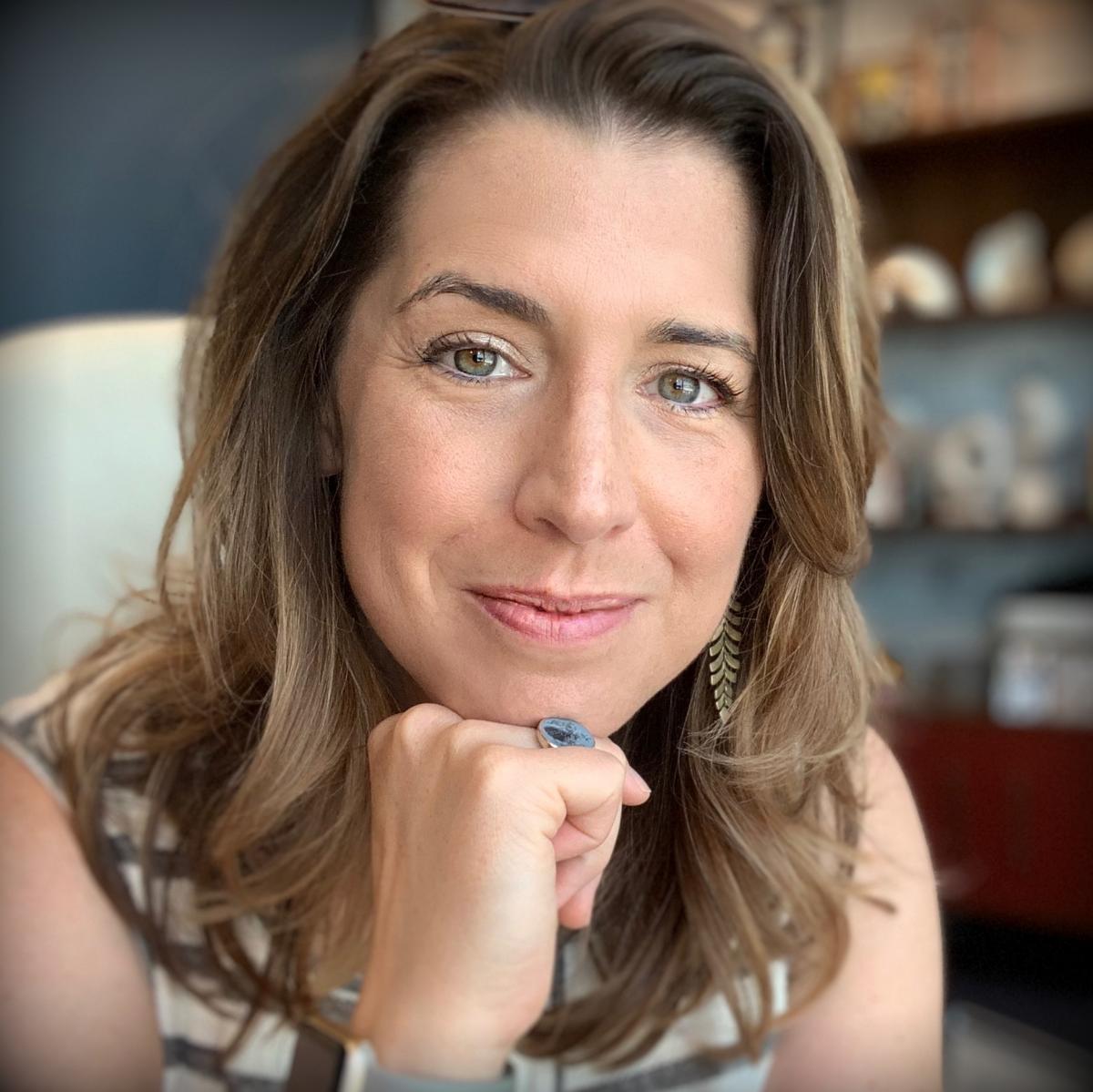Here, Now, and Between Us: Functional Analytic Psychotherapy and the power of the therapeutic relationship




Sarah Sullivan-Singh, Ph.D.
Mavis Tsai, Ph.D.
Robert J. Kohlenberg, Ph.D.
Sunday, 13 June 2021 - 2:00 p.m. to 6:00 p.m. UTC/GMT +2 (Central European Summer Time)
As numerous pressures push our profession towards manualized intervention toolkits targeted at nomothetically-defined outcomes, this workshop aims to cultivate your ability to harness the wellspring of therapeutic opportunity available within each unique relationship we create with our clients. This is the promise of Functional Analytic Psychotherapy: a Contextual Behavioral Science (CBS) therapy for those who value basic behavioral science as much as they feel awed by the power of the therapy relationship.
We will begin by presenting a clear theoretical rationale, rooted in basic behavioral tenets, for integrating a particular type of interpersonal focus within any therapy approach you already practice. Five simple, yet profound, rules of practice comprise this framework: 1) identify clinically-relevant behavior occurring in session via functional analysis, 2) evoke these behaviors during the therapy hour, 3) shape these behaviors with your immediate authentically attuned responses, 4) customize and refine your responding by observing the impact of your interpersonal reinforcers on the client, and 5) work with the client to generalize improved in-session behavior into life outside of therapy. In this workshop, you will have the opportunity to practice seeing and hearing your clients through this lens of compassionate functional analysis and to enhance your awareness of tools for reinforcing client improvements.
As technical as the underlying behavioral roots of FAP are, the therapy that emerges from them is fundamentally human and emotionally intimate as it calls on both client and therapist to engage in reciprocal transactions of candid behavior. The relationship comes alive and transforms into an in-vivo laboratory in which you invite the client to attempt new, more effective behaviors in service of their values and goals within the therapy session. As the work progresses, FAP therapists shape and reinforce improvement by illuminating the positive impact it has on both them and the therapy relationship. In short, we encourage clients to practice, “right here, right now,” behaviors that are functionally equivalent to those they wish to implement in their lives outside of session. Because clients emit new behaviors in your presence, they benefit from the enhanced reinforcement of your immediate and sincere responding. Hence, increasing your own self-awareness, courage, and judiciousness in how you share your authentic self and emotional vulnerability allows you to augment the potency of your in-the-moment responses to clients.
Following a logical arc that weaves together essential didactic elements of theory, CBS rationale, and ethical considerations, the workshop will also introduce a curriculum of new experiential exercises that provides balance among intellectual, practical, and personal development. Of note, we will encourage you to reveal yourself, including your vulnerability, to the extent that it supports your learning and development both personally and professionally and with an ongoing, thoughtful consideration of your needs and limits within the workshop setting. Along the way, you will create a FAP Case Conceptualization for a client, begin a FAP Therapist Case Conceptualization for yourself, and practice the 5 Rules of FAP in “real-plays” with peers in small groups. We will prepare you to learn from these experiential exercises, and to take FAP on the road with you to your clients, via didactic presentations, live demonstrations, segments of video from therapy sessions conducted by the trainers, and a compendium of FAP-consistent clinical tools and resources that you will take home with you.
Whether you are new to FAP or have been practicing FAP for years, our hope is that you will leave the workshop with a deepened awareness of yourself, an awakened excitement about the possibilities of the therapy relationship, and an enlivened commitment to igniting it with each of your clients. As trainers, we plan to do the same.
About Mary P. Loudon, Ph.D.:
Dr. Loudon is an internationally recognized expert in Functional Analytic Psychotherapy (FAP) who earned her doctorate in clinical psychology at the University of Washington where she developed expertise in contextual behavioral science (CBS) approaches including FAP, Acceptance and Commitment Therapy (ACT), and Mindfulness-Based therapies. After completing her post-doctoral fellowship with Dr. Mavis Tsai, she became a Certified FAP Trainer and has since led/co-led over 25 FAP training workshops, intensives, and courses. Dr. Loudon has innovated new training techniques and content, and has taught, supervised, and provided consultation for hundreds of practitioners domestically and abroad.
In 2009, Dr. Loudon was appointed Clinical Faculty at the University of Washington in the Department of Psychology and since this time she has provided clinical supervision to doctoral students in FAP, ACT, and EFT. In her private practice, she works with individual adults and couples across a wide span of concerns including anxiety, emotional avoidance and disconnection from self or others, low mood, grief, trauma, and interpersonal connection and intimacy. She also provides therapy for therapists - an endeavor especially suited for professionals who want to improve their therapeutic skills while cultivating deeper courage, awareness, and love in their personal lives.
In 2014, Dr. Loudon co-founded The Seattle Clinic, a community of over 20 practicing psychologists who bring together expertise in a wide variety of 3rd wave therapies including FAP, ACT, DBT, and MBCT. She spearheaded and continues to co-lead the in-house FAP/ACT Consultation Team, while offering periodical 12-week FAP Therapist Training Programs for unaffiliated therapists. In the coming year, she will be launching a pre-internship FAP practicum for graduate students with Dr. Sullivan-Singh. She also offers consultation to outside groups of practitioners interested in staring FAP Consultation groups of their own.
Finally, Dr. Loudon has maintained an interest and expertise in minority and LGBT psychology throughout her academic and clinical career, devoting her graduate research to the psychological effects of bias on members of stigmatized minority groups. As a psychologist and a member of the LGBT community, it is Mary’s passion to harness the power of interpersonal connection in service of social justice. To this end Dr. Loudon has been involved in the development and implementation of CBS-based approaches to anti-racism work. Specifically, she collaborated with other CBS scientists, clinicians, and researchers to create an ACT & FAP based anti-racism workshop which has been offered in a variety of settings.
About Sarah Sullivan-Singh, Ph.D.:
Dr. Sullivan-Singh earned her doctoral degree in clinical psychology from UCLA and completed a postdoctoral fellowship within the University of Washington Rehabilitation Medicine Department before beginning her independent practice. She is a Clinical Instructor within the University of Washington (UW) Psychology Department where she supervises graduate students treating clients using ACT and FAP. Dr. Sullivan-Singh routinely guest lectures to psychology interns and psychiatry residents in the UW Department of Psychiatry and Biobehavioral Sciences (student feedback available upon request). Currently, she is also providing ongoing consultation and clinical supervision to a randomized-controlled trial at the UW Center for the Science of Social Connection of a brief FAP intervention for individuals who report high fears of intimacy.
About Mavis Tsai, Ph.D.:
Dr. Tsai, co-originator of FAP, is a clinical psychologist and senior research scientist at University of Washington’s Center for Science of Social Connection. She is the co-author of five books on FAP (some of which have been translated into Portuguese, Spanish, Japanese, Italian, Korean and Persian), and over 70 articles and book chapters. She is an ACBS Fellow, and received the Washington State Psychological Association’s Distinguished Psychologist Award in recognition of significant contributions to the field of psychology. She gave a TEDx talk “Create Extraordinary Interactions”, has presented “Master Clinician” sessions at the Association for Behavior and Cognitive Therapy, has led numerous workshops nationally and internationally, and trains online clinicians all over the world in FAP. As Executive Director of the Nonprofit Organization ‘Awareness, Courage & Love Global Project” which brings FAP to the general public, she trains volunteers to lead chapters in six continents to create a worldwide- network of open-hearted change-seekers who strive to meet life’s challenges through deepening interpersonal connection and rising to live more true to themselves.
About Robert J. Kohlenberg Ph.D.:
Dr. Kohlenberg received his doctorate at UCLA and is a Professor of Psychology at the University of Washington where he served as the Director of Clinical training. He is certified by the American Board of Professional Psychology, received the Washington State Psychological Association’s Distinguished Psychologist Award, and is a Fellow of ACBS, Society for Exploration of Psychotherapy Integration, and American Academy of Clinical Psychology. He is the co-originator of Functional Analytic Psychotherapy (FAP), has attained research grants for FAP treatment development, has co-published many papers and six books, including Functional Analytic Psychotherapy: A Guide for Creating Intense and Curative Therapeutic Relationships.
Learning Objectives:
Following this workshop participants will be able to:
- Describe the 5 Rules of FAP and the behavioral theory underlying them.
- Delineate functional classes of behavior that may get expressed differently across contexts, including in outside life, (O1s/2s), as a therapist (T1/2s).
- List 3 strategies for reinforcing client target behaviors in session.
- Demonstrate ability to recognize and evoke clinically relevant behavior and to utilize genuine responses to extinguish and punish problematic behaviors.
- Prepare a FAP case conceptualization and treatment plan for one client that demonstrates the application of functional analysis to client behavior and awareness of the impact of your own therapist behavior on the client.
- Discuss ethical considerations related to cultivating intense therapeutic relationships with clients when using FAP, and describe the benefits of engaging with a FAP-informed Consult Team.
Target Audience: Beginner, Intermediate, Advanced, Clinical
Components: Experiential exercises, Didactic presentation, Case presentation, Role play
Package Includes: A general certificate of attendance
